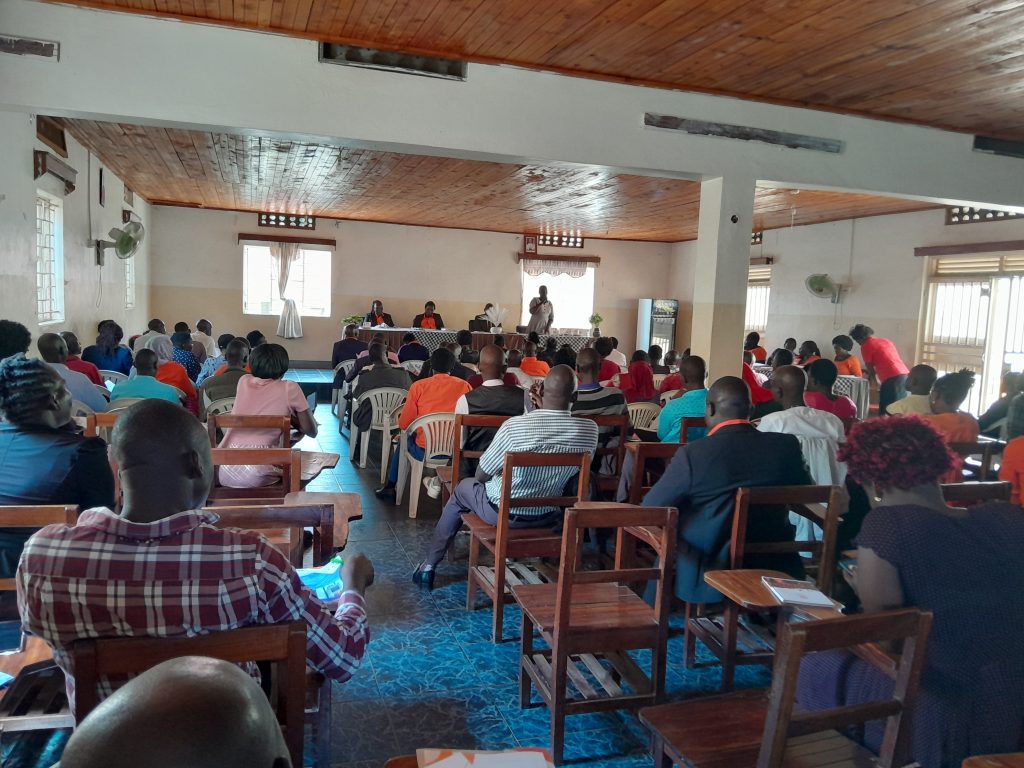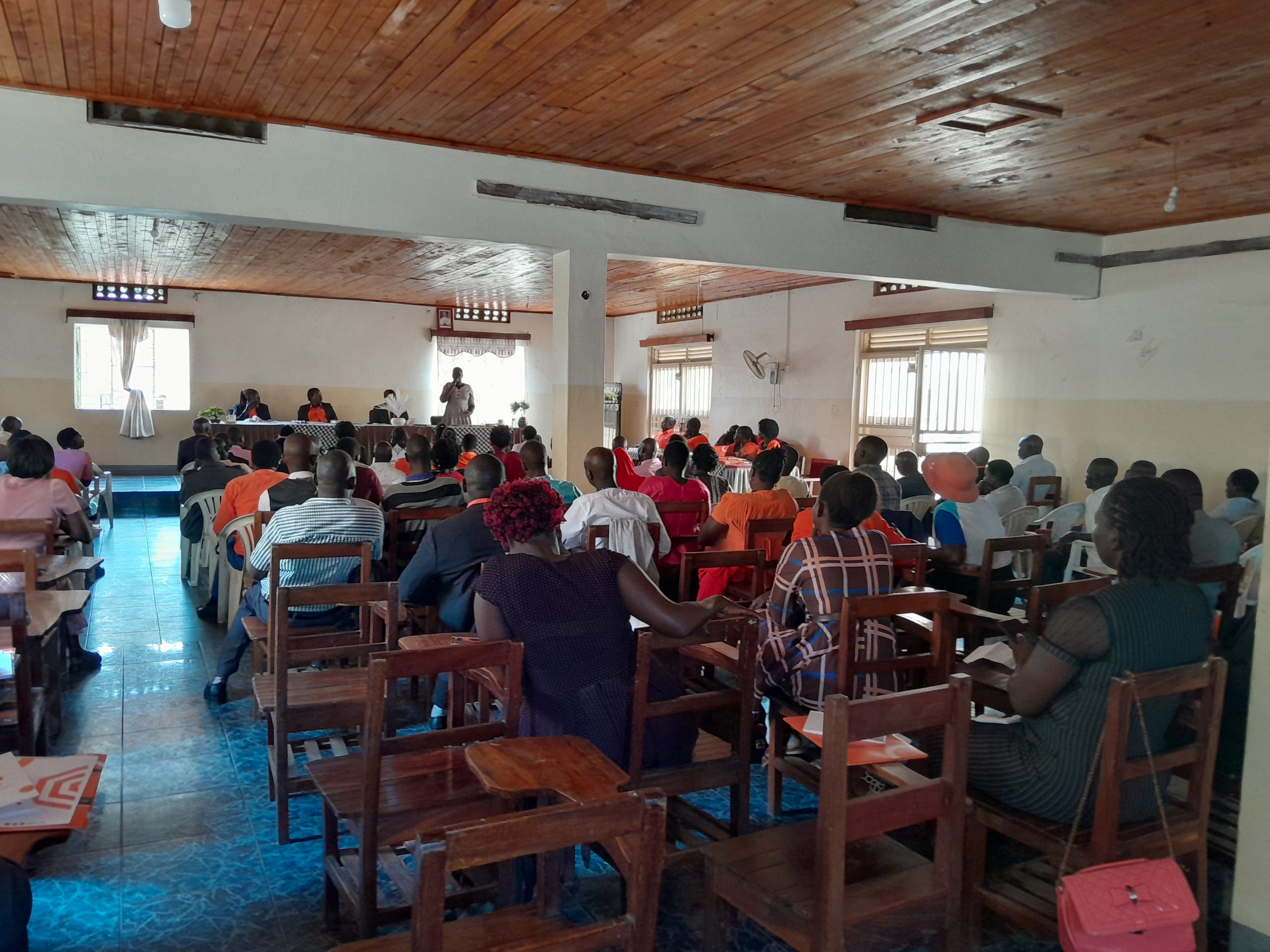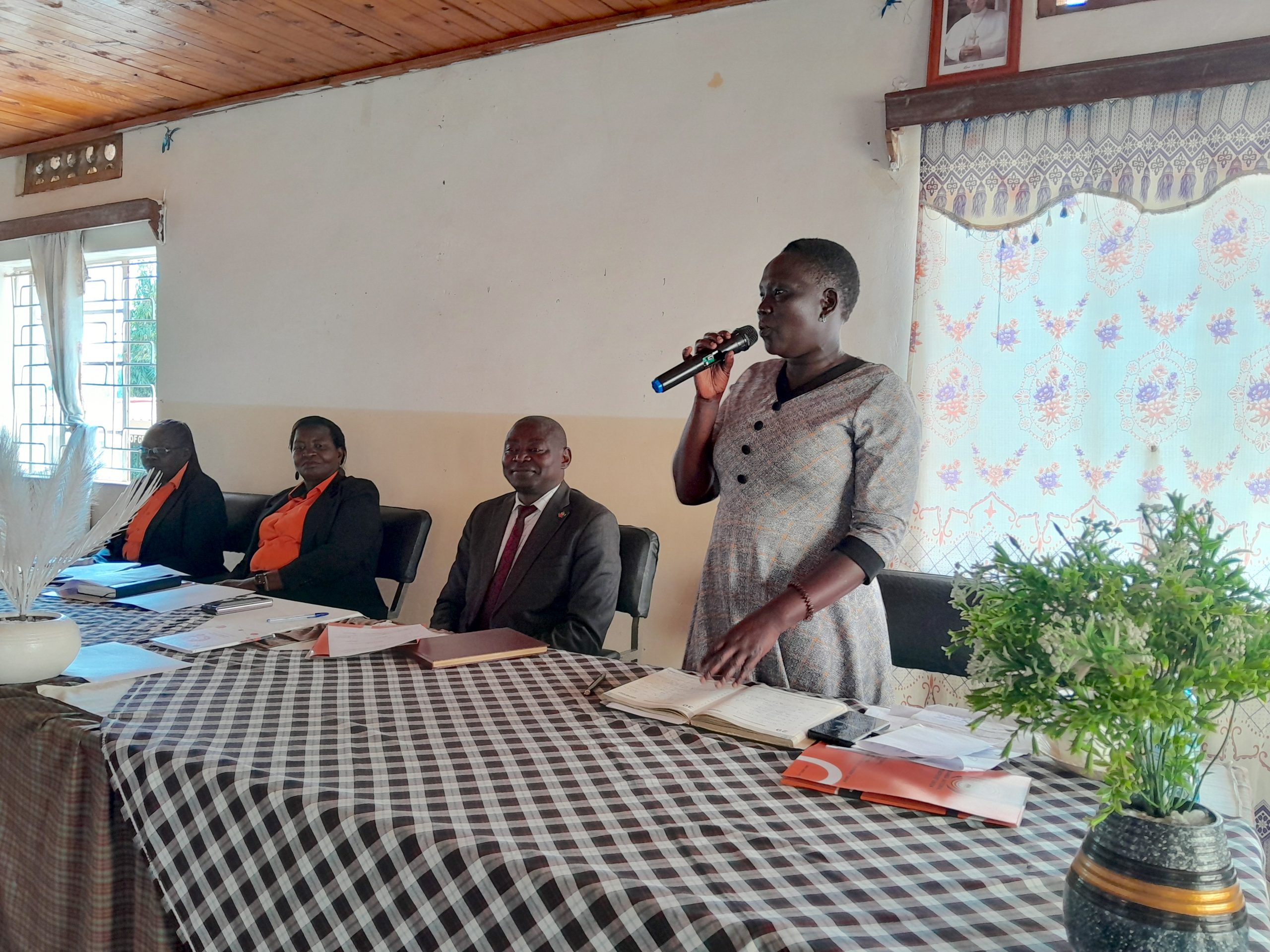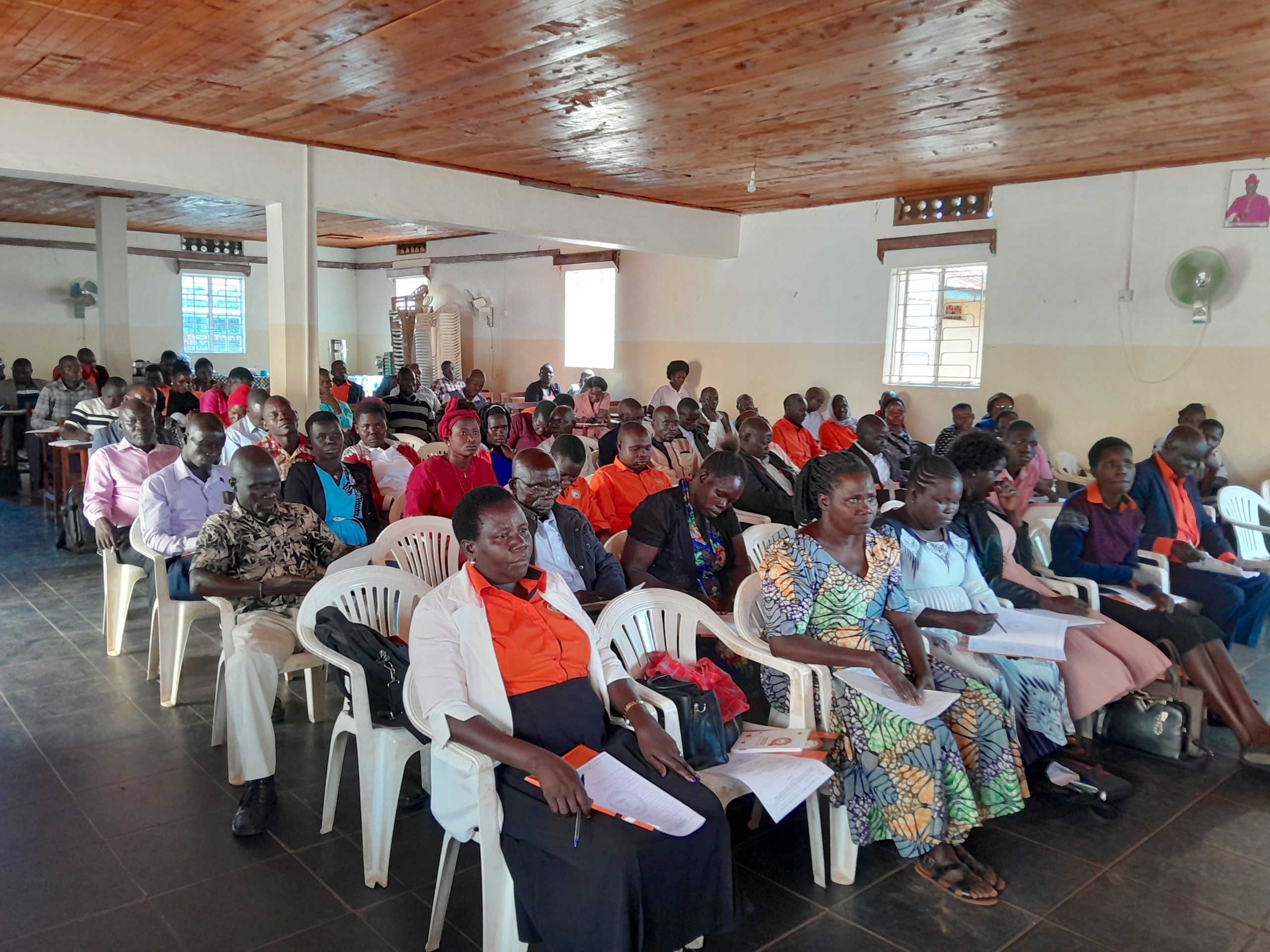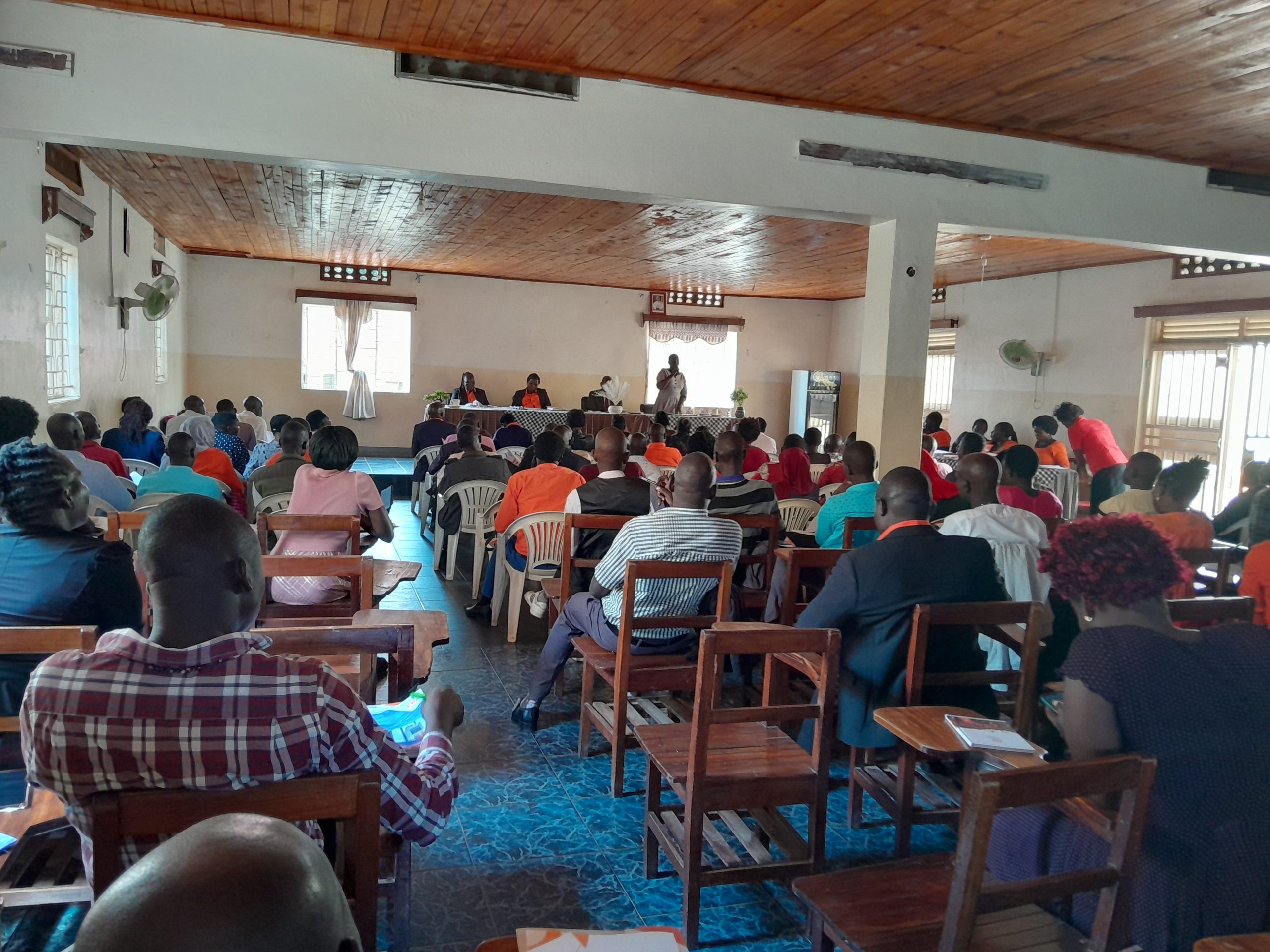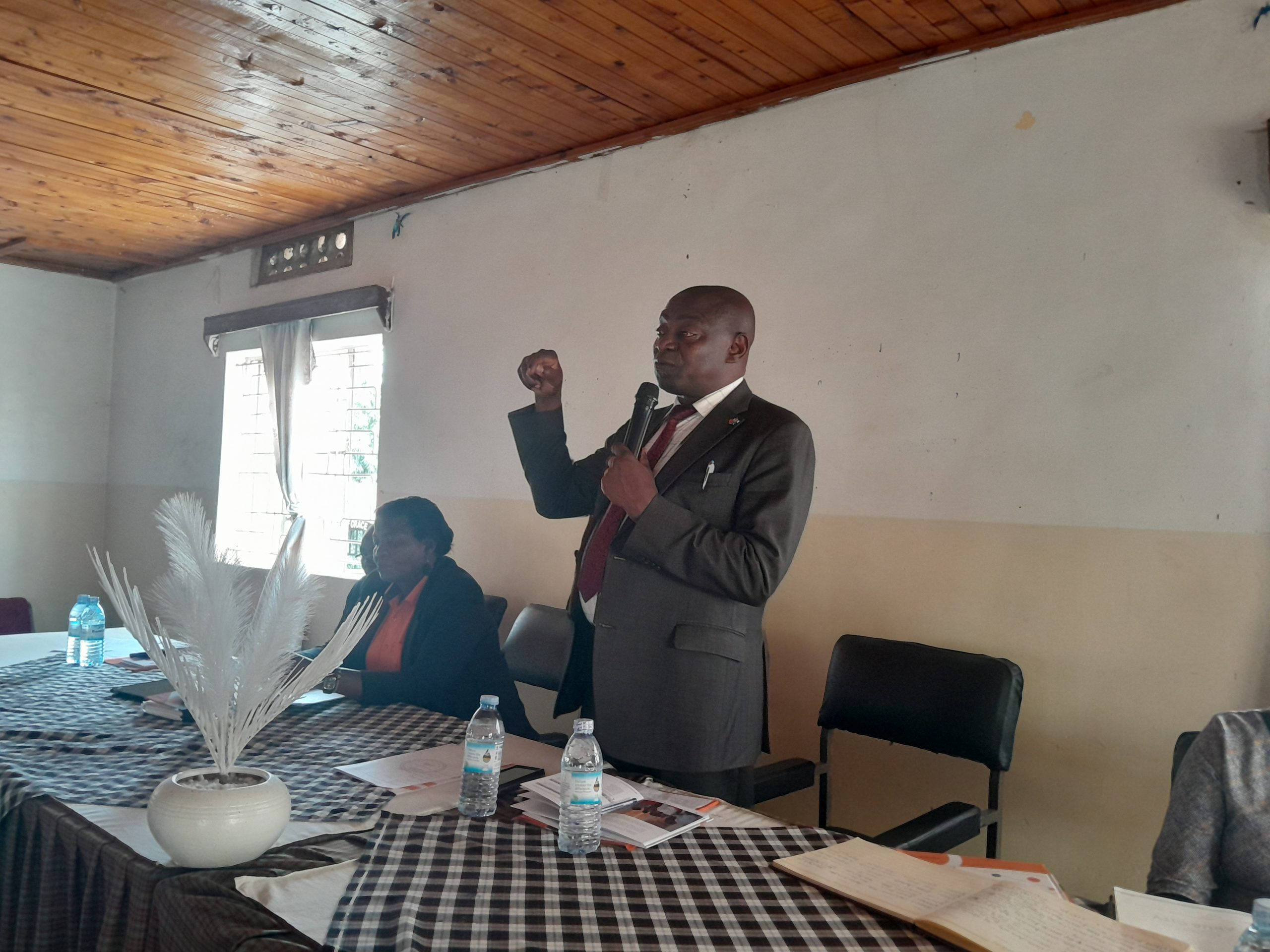Arua City | 4th September 2025 — The Uganda National Teachers’ Union (UNATU) conducted a Membership Education Training at the Catholic Centre in Arua City, bringing together teacher leaders and school representatives from across the region. The session aimed to strengthen union awareness, clarify recent developments in the education sector, and build a well-informed, empowered teaching workforce.
Opening Communications and Remarks
The day began with opening communications from the UNATU Branch Chairperson of Arua, who welcomed the participants to the city and emphasized the importance of the training. He called on attendees to be keen and deliberate in passing on accurate and relevant information to fellow teachers, underlining that information gaps remain a challenge in many schools.
The City Education Officer followed with welcome remarks, acknowledging the influential role teachers play in shaping society. He urged the participants to be ambassadors of both the teaching profession and the union, praising UNATU for taking initiative to combat misinformation among educators. He further welcomed participants to Arua City, expressing support for continuous professional development.
Messages from Regional and National Leaders
The West Nile Regional Chairperson welcomed all attendees to the region, encouraging them to speak openly about the challenges they face not just as educators, but also as union members. She commended their commitment to showing up and encouraged them to carry the information forward to colleagues.
Representing the national leadership, the National Secretary for Planning and Organising shared greetings from the National Chairperson and the entire National Executive Council (NEC). In her remarks, she acknowledged several challenges currently affecting the profession — including:
Code dropping issues related to the new Human Capital Management (HCM) system
Unfair transfers and deployment
Salary disparities among primary and arts teachers
She encouraged open dialogue during the session and assured members that the union is working tirelessly to address these concerns through established channels.
Keynote Address from the General Secretary
The General Secretary delivered the day’s main address, laying out the objectives and purpose of the training. He offered an in-depth explanation of UNATU’s identity, including its:
Mandate, vision, and mission
Constitutional foundation – affirming teachers’ legal right to unionize under the Constitution of the Republic of Uganda
Core values and operating principles
Quoting “Nothing for teachers without teachers,” the General Secretary encouraged participants to read and understand national education policies that affect their work. He highlighted frameworks such as:
The National Teacher Policy
The Teacher Incentive Framework
Leave provisions and the need to apply through appropriate channels
Types of retirement, eligibility, and what teachers need to prepare for
He also cautioned against splinter groups, which he described as a source of division and misinformation, and addressed issues like multiple loans, which continue to burden many teachers.
Interactive Plenary and Closing
During the plenary session, teachers expressed gratitude for the training and raised questions around:
Salary disparities
The union’s ongoing negotiations with government agencies
Potential benefits or services UNATU could provide
Financial literacy and loan management support
The General Secretary responded to all queries, citing UNATU’s continued engagement with relevant ministries and agencies on behalf of teachers. He reminded participants that industrial action is a legal and constitutional tool, and that teachers must remain united, informed, and ready to act when called upon.
He thanked the participants for their energy, attentiveness, and commitment to improving their schools and the union.
The meeting was officially closed by the National Secretary for Planning and Organising, who praised the participants for their active involvement. She pledged UNATU’s continued follow-up on the issues raised, encouraging members to report concerns through branch structures for timely response. She concluded by calling on attendees to be loyal ambassadors of UNATU and champions of accurate, timely information.


